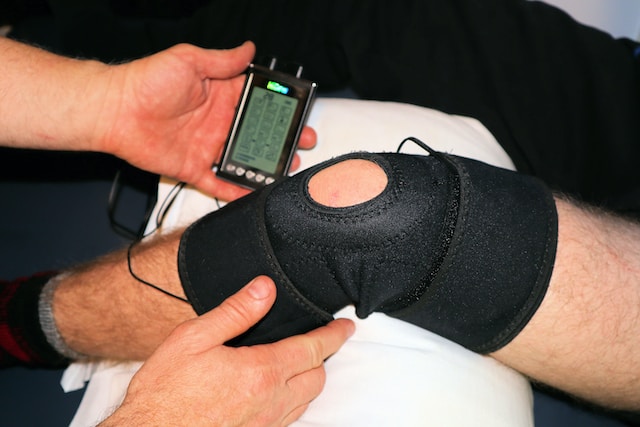Knee pain and injuries can be debilitating, limiting movement and impacting daily activities. One solution that many individuals turn to is knee braces. They provide support, protection, and relief from various knee-related issues. But with a plethora of options available, how do you pick the right one? This guide will walk you through the different types of knee braces and help you make an informed decision.
1. Understand the Purpose
Before delving into types, recognize why you need a knee brace:
- Pain relief: Some braces are designed primarily to alleviate pain.
- Injury prevention: Athletes often use braces to prevent injuries during high-impact sports.
- Post-surgery support: After surgeries like ACL reconstruction, a brace provides stability during the healing process.
2. The Different Types of Knee Braces
a. Sleeve Braces
These are the simplest form of knee braces, slipping on like a sleeve. They offer compression and can be used for mild pain relief and support.
b. Support Straps
Support straps are for specific areas of the knee, like below the kneecap. They’re commonly used for conditions like patellar tendonitis.
c. Hinged Braces
Hinged braces are rigid and offer strong lateral and medial support. They’re often recommended post-surgery or for those who’ve had a significant knee injury.
d. Stabilized Braces
Incorporating steel springs on either side, these braces ensure the knee doesn’t move out of position. They’re suitable for those with unstable knees.
e. Closed and Open Patella Braces
Closed braces offer compression around the kneecap, while open patella braces relieve pressure from the kneecap.
3. Consider Your Activity Level
- Low impact: Activities like walking or light jogging can benefit from sleeve braces for a bit of extra support.
- Moderate impact: Sports like tennis or basketball, where there’s more knee movement, may require stabilized braces.
- High impact: Contact sports or activities with a high risk of falls might necessitate hinged braces for maximum protection.
4. Comfort is Key
Whatever brace you choose, it should be comfortable. Look for soft materials against the skin, adequate ventilation, and adjustable straps for a snug fit.
5. Recommendations from Healthcare Professionals
Always consult with a physiotherapist, orthopedic specialist, or healthcare professional when choosing a knee brace. They can provide insights based on your specific condition and needs.
6. Price and Quality
Like many products, with knee braces, you often get what you pay for. However, the most expensive option isn’t always the best. Focus on quality and ensure the brace offers the support you need.
7. Custom-fitted vs. Off-the-shelf
While off-the-shelf braces cater to a wide range of people, custom-fitted braces are designed specifically for your knee dimensions, providing a perfect fit.
Conclusion
A knee brace can be instrumental in providing support, ensuring recovery, and preventing further injuries. It’s crucial, however, to choose the right one for your needs. Whether you’re an athlete looking to prevent injuries or someone recovering from surgery, this guide should help you navigate the world of knee braces effectively.


